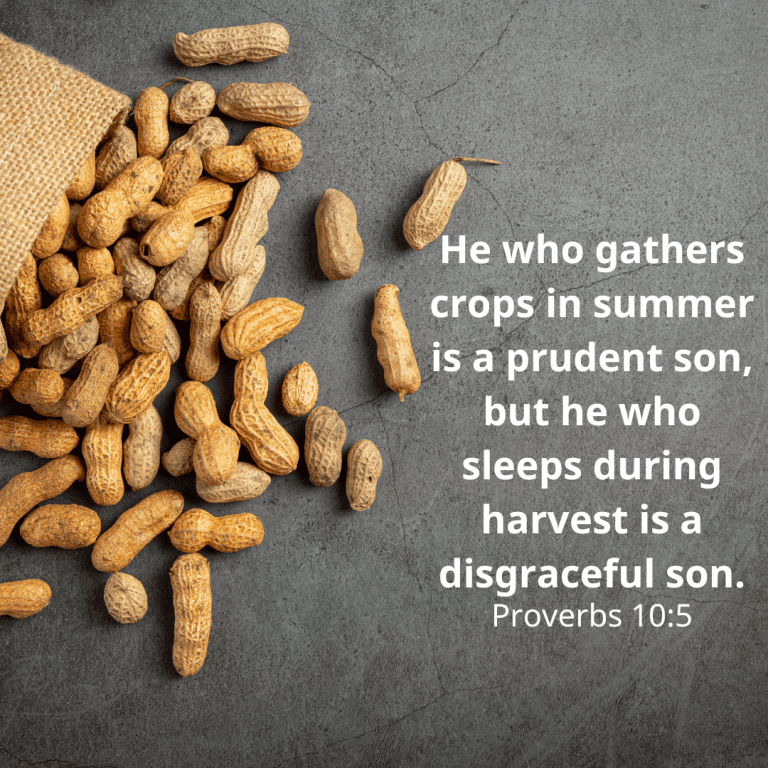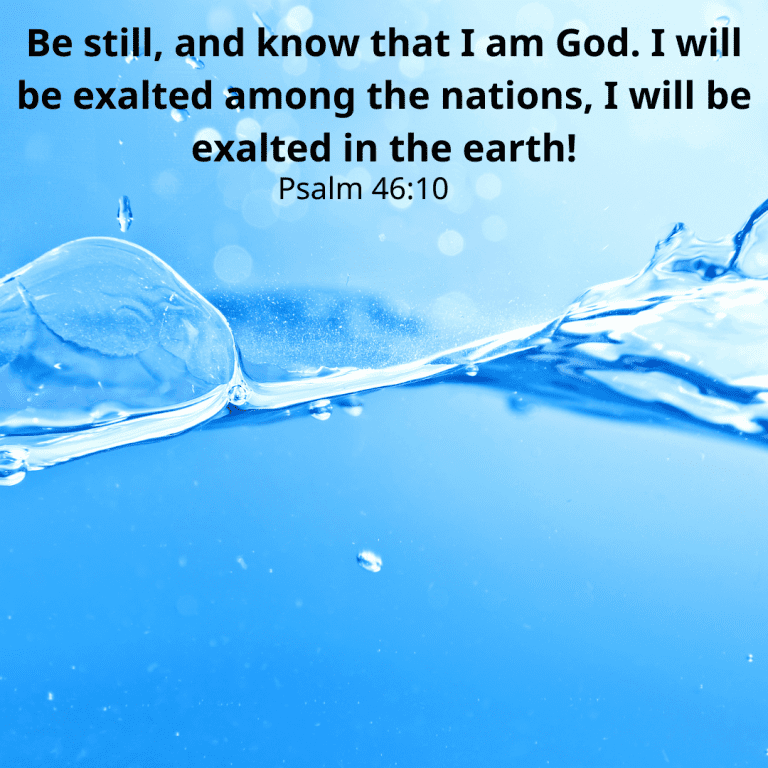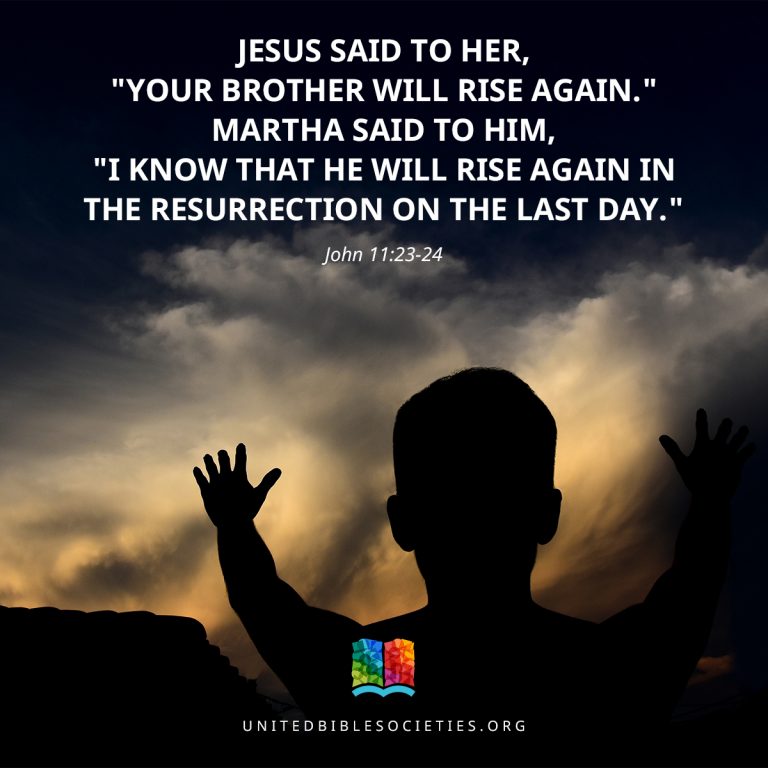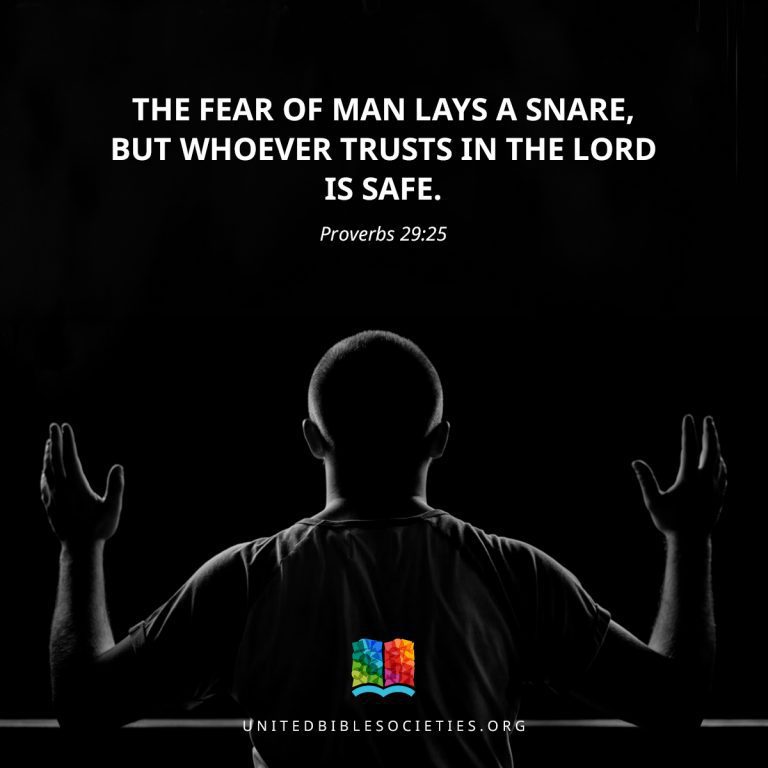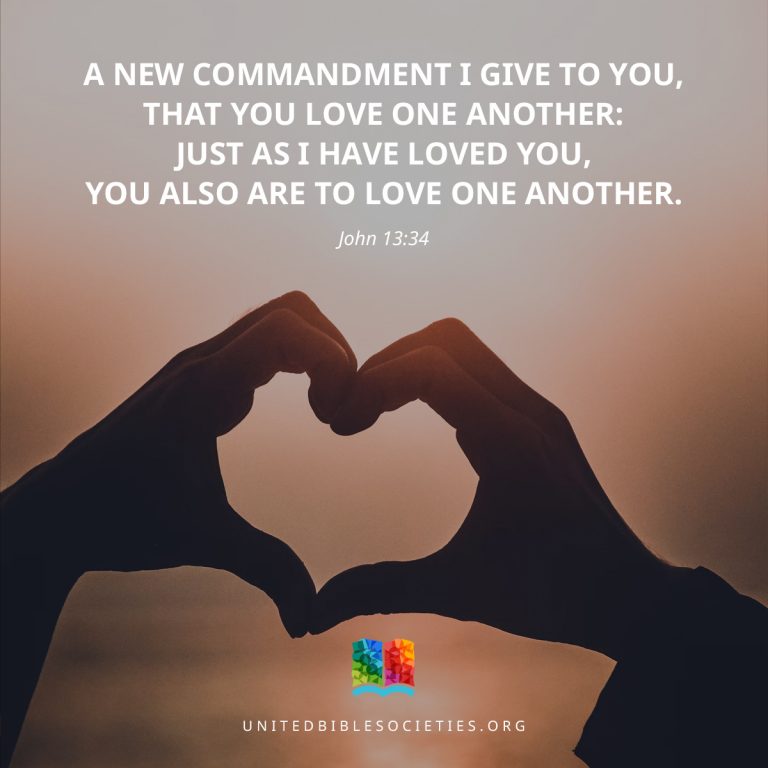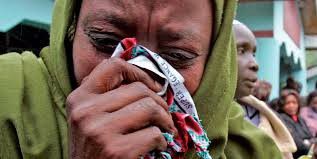Jesus and Nicodemus
1 There was a Jewish leader named Nicodemus, who belonged to the party of the Pharisees. 2 One night he went to Jesus and said to him, “Rabbi, we know that you are a teacher sent by God. No one could perform the miracles you are doing unless God were with him.”
3 Jesus answered, “I am telling you the truth: no one can see the Kingdom of God without being born again.”
4 “How can a grown man be born again?” Nicodemus asked. “He certainly cannot enter his mother's womb and be born a second time!”
5 “I am telling you the truth,” replied Jesus, “that no one can enter the Kingdom of God without being born of water and the Spirit. 6 A person is born physically of human parents, but is born spiritually of the Spirit. 7 Do not be surprised because I tell you that you must all be born again. 8 The wind blows wherever it wishes; you hear the sound it makes, but you do not know where it comes from or where it is going. It is like that with everyone who is born of the Spirit.”
9 “How can this be?” asked Nicodemus.
10 Jesus answered, “You are a great teacher in Israel, and you don't know this? 11 I am telling you the truth: we speak of what we know and report what we have seen, yet none of you is willing to accept our message. 12 You do not believe me when I tell you about the things of this world; how will you ever believe me, then, when I tell you about the things of heaven? 13 And no one has ever gone up to heaven except the Son of Man, who came down from heaven.”
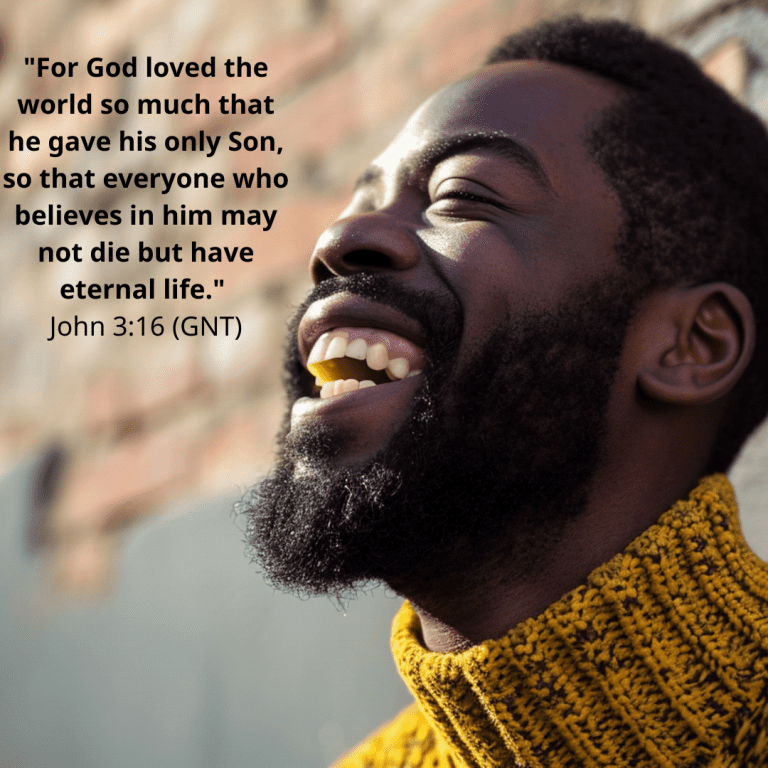
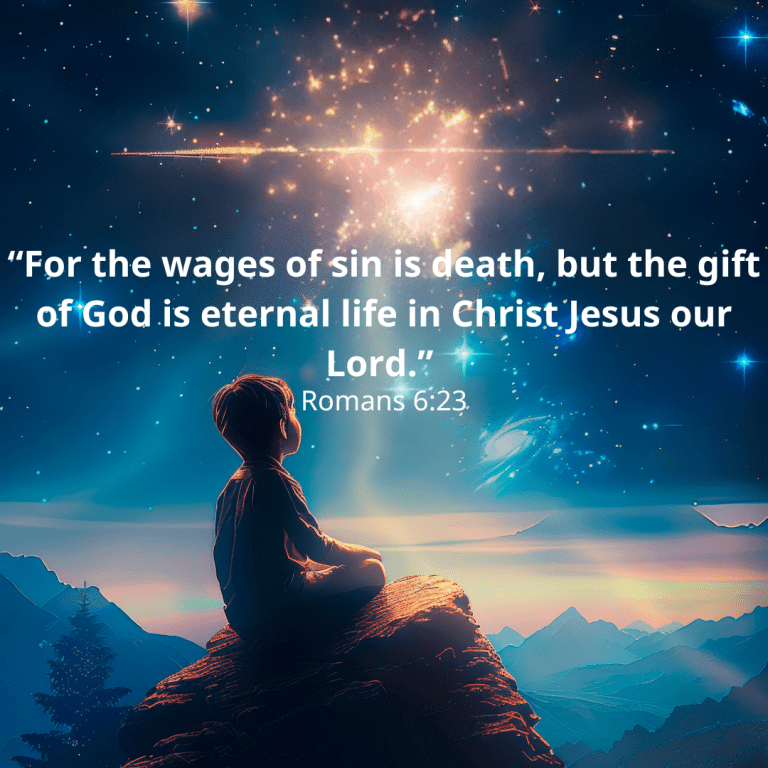
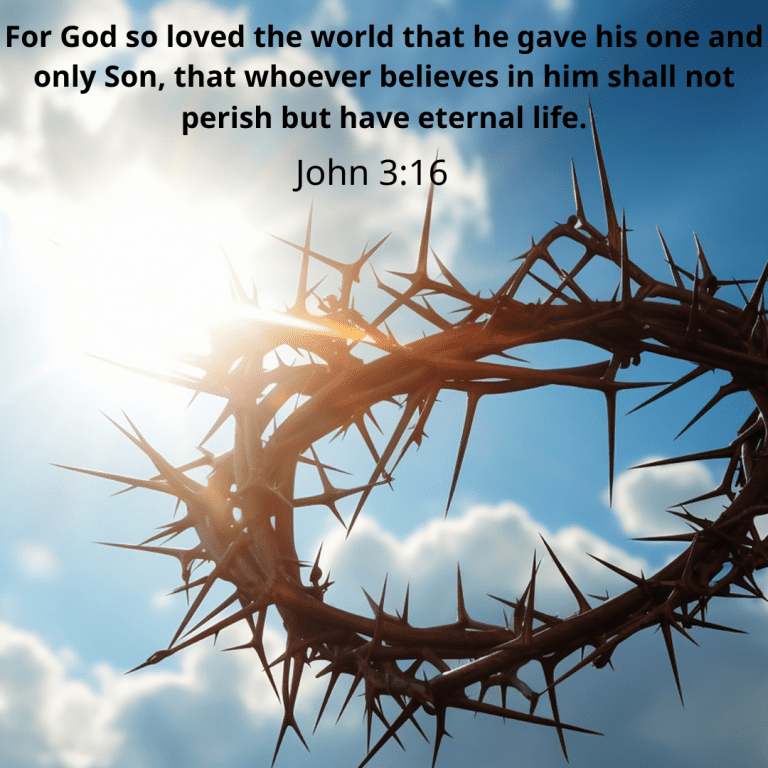
14 As Moses lifted up the bronze snake on a pole in the desert, in the same way the Son of Man must be lifted up, 15 so that everyone who believes in him may have eternal life. 16 For God loved the world so much that he gave his only Son, so that everyone who believes in him may not die but have eternal life. 17 For God did not send his Son into the world to be its judge, but to be its savior.
18 Those who believe in the Son are not judged; but those who do not believe have already been judged, because they have not believed in God's only Son. 19 This is how the judgment works: the light has come into the world, but people love the darkness rather than the light, because their deeds are evil. 20 Those who do evil things hate the light and will not come to the light, because they do not want their evil deeds to be shown up. 21 But those who do what is true come to the light in order that the light may show that what they did was in obedience to God.
Jesus and John
22 After this, Jesus and his disciples went to the province of Judea, where he spent some time with them and baptized. 23 John also was baptizing in Aenon, not far from Salim, because there was plenty of water in that place. People were going to him, and he was baptizing them. ( 24 This was before John had been put in prison.)
25 Some of John's disciples began arguing with a Jew about the matter of ritual washing. 26 So they went to John and told him, “Teacher, you remember the man who was with you on the east side of the Jordan, the one you spoke about? Well, he is baptizing now, and everyone is going to him!”
27 John answered, “No one can have anything unless God gives it. 28 You yourselves are my witnesses that I said, ‘I am not the Messiah, but I have been sent ahead of him.’ 29 The bridegroom is the one to whom the bride belongs; but the bridegroom's friend, who stands by and listens, is glad when he hears the bridegroom's voice. This is how my own happiness is made complete. 30 He must become more important while I become less important.”
He Who Comes from Heaven
31 He who comes from above is greater than all. He who is from the earth belongs to the earth and speaks about earthly matters, but he who comes from heaven is above all. 32 He tells what he has seen and heard, yet no one accepts his message. 33 But whoever accepts his message confirms by this that God is truthful. 34 The one whom God has sent speaks God's words, because God gives him the fullness of his Spirit. 35 The Father loves his Son and has put everything in his power. 36 Whoever believes in the Son has eternal life; whoever disobeys the Son will not have life, but will remain under God's punishment.
Yǝcu-ŋǝ Niiguudiimuus-gi.
1 Nǝ kwɔr naani kwette kwǝthi Lifirriisiiyyiin kwǝni Niiguudiimuus, kwir rǝ-iis rǝthi Yahuuḏ. 2 Nɔŋw ele laamin lette kilkǝlu naanɔ-gwɔ Yǝcu nɔŋwɔccǝŋw, “Yaa Mɔ@allim, nyiiŋǝ lilŋithi rac ethaarɔŋw ŋa kwir Mɔ@allim kwɔɔsa Allah; kwiti kweere mac kwǝthi ŋɔma ethi ǝrri ŋilima ŋirga ŋǝṯisi ǝrri ŋa mǝ Allah ere naanasi mac.”
3 Nǝ Yǝcu ǝŋnici nɔŋwɔccǝŋw, “Nyii kwǝccǝ-ŋǝ-mǝ ŋwɔ rerrem; kwiti kweere mac, kwǝthi ŋɔma etheese Ŋeelenyi ŋǝthi Allah ḏuṯ, mɔŋweere elŋenne ŋelŋe ŋiyaŋ kwokwony mac.”
4 Nǝ Niiguudiimuus ǝccǝŋw, “Kwizi kwǝri elŋe kwokwony aŋgwɔrɔ mɔŋw peŋe? Kwǝthi ŋɔma ethi aaɽitha kwokwony kaari-na kǝthi lǝnyin mindaŋ ǝri ilŋitha?”
5 Nǝ Yǝcu ǝŋnici nɔŋwɔccǝŋw, “Nyii kwǝccǝ-ŋǝ-mǝ ŋwɔ rerrem, mǝreere ilŋitha kwizi ŋaaw-ŋi nǝ Ṯigɽim-thi tok mac tǝ, ŋweere ǝthi ŋɔma ethi ǝnḏi ki Ŋeeleny-na ŋǝthi Allah ḏuṯ. 6 Ŋgwa kwilŋithir aŋna-yi ǝṯɔŋw-tǝ oro aŋna, nǝ ŋgwa kwilŋithir Ṯigɽim-thi ǝṯɔŋw-tǝ oro ṯigɽim. 7 Ǝṯi liŋɽu mac kaka mǝŋǝ-gwɔ ǝccǝŋw, ‘Laazim ǝrŋǝsi ilŋitha tatap ŋelŋe ŋiyaŋ kwokwony’. 8 Kɔrɔn kǝti aaritha ǝzir-yi wǝṯi-ŋgwɔ naŋni ethigwiila, nǝ ǝti neŋne kwuurunnǝ kwuuŋwun, laakin ǝṯeere elŋece ǝzir winḏiŋw-yi, nǝ wiilathɔŋw-yi tok mac. Ṯaŋw nǝrṯoroŋw tok ki-lizi tatap lilŋinna Ṯigɽim-thi.” 9 Nǝ Niiguuḏiimuus uṯicǝlɔ nɔŋwɔccǝŋw, “Ŋiɽaŋal ŋɔ ŋinḏi ethi rotto tha?” 10 Nǝ Yǝcu ǝŋnici nɔŋwɔccǝŋw, “A kwir-pa mɔ@allim kwǝthi Israa-iil, e-ta ǝseere elŋe ŋɔ mac-a? 11 Nyii kwǝccǝ-ŋǝ-mǝ ŋwɔ rerrem, ŋǝṯinǝsi andasi ŋǝṯiŋǝsi elŋe, nǝ ǝṯi-nyii-ŋi ɔnḏi kiyǝnǝ ŋǝṯinǝsi ese, laakin niseere ǝmmini ŋa mac ŋɔnḏɔny-ŋi kiyǝnǝ. 12 Mǝŋǝsi andaci ŋǝthi kwomne kwǝthi kwurǝyu-luŋw mindaŋ mǝseere ǝmmini mac tǝ, e-ta ǝmǝ ǝthi ŋɔma ethi ǝmmini aŋgwɔrɔ mǝŋǝsi andaci ŋǝthi kwomne kwǝthi ki-leere-nɔŋw? 13 Nɔŋweere kweere mac kwɔmǝ allɔ ki-leere, illi Tɔr tǝthi Kwizigwunǝŋ, tɔɔɽɔ ki-leere-na.
14 “Kaka nallisa-gwɔ Muusǝ kimǝwǝ ki-sahraa-na, laazim ǝri allasi Tɔɔrɔ tǝthi Kwizigwunǝŋ tok, 15 mmdaŋ mɔŋw ǝmminici kweere tǝ, ŋwɔthi ŋimiitha ŋǝṯi nannitha dok-dok. 16 “Allah wǝṯi-ṯǝ amɽi ṯurmuŋǝ-ŋǝ aatha kweere, mindaŋ nɔŋwsi-mǝ iŋḏǝthǝ Tɔɔrɔ ṯuuŋwun tɔtɔpɔt tǝthiŋw, mǝ kweere ǝmminici ŋunduŋw, ŋweere kiirathalɔ mac, laakin ŋwɔthi ŋimiitha-na ŋǝṯi nannitha dok-dok. 17 Kaka ŋɔɔsa-gwɔ Allah Tɔɔrɔ ki-ṯurmun-nǝ, etheere kette ṯurmunǝ kaṯṯi mac, laakin ethi kǝniny ṯurmun kilǝthini ŋundu-ŋgi. 18 Kweere kwǝmminici ŋunduŋw, ǝreere kette kaṯṯi mac; nǝ kweere kwiti kwǝmminici mac, nɔŋwɔni kwɔmǝr kette kaṯṯi kaka niti nǝmminicǝ-ŋgwɔ yiriny yǝthi Tɔr tɔtɔpɔt tǝthi Allah mac. 19 Ṯigittina ṯǝthi kaṯṯi ṯǝniŋw: fɔɔri kwinḏi ki-ṯurmun-nǝ, laakin nǝ lizi amɽi kirimi beṯṯen ethi fɔɔri-la, kaka nɔrgwɔ ŋothɽor ŋuuŋun ŋigii. 20 Kweere kwǝṯisi ǝrri ŋigii ǝṯɔŋw wǝzi fɔɔri, ǝṯɔŋweere naŋni ethiila ki-fɔɔri-na mac, kaka niti ninaŋna-ŋgwɔ ŋothɽor ŋuuŋun ŋigii ethiijini mac. 21 Laakin ŋgwa kwǝṯisi ǝrri ŋirllalɔ ǝṯɔŋw iila ki-fɔɔri-na, mindaŋ mǝr iijini ŋa por-por ethaarɔŋw ŋǝrrinǝ ṯɔgwor-thi ṯǝthi Allah.”
Yǝcu-ŋǝ Yuhanna-gi.
22 Kwaathan ta, nǝ Yǝcu-ŋǝ ele ṯalaamiiz-thi ṯuuŋwun ki-muḏiiriiyyǝ kwǝthi Yahuuḏiiyyǝ-ŋw, ŋɔŋgwɔ naani kinanaŋw ŋuŋdu-ŋǝli kwokwo, ǝṯɔŋw-ŋgwɔ aari @ammiḏa. 23 Ǝṯi Yuhanna aari @ammiḏa tɔk kǝzir wǝni @een-nuun kwɔnanyja Saaliim-ŋwɔ keṯṯok. Kaka a-naanɔ-gwɔ ŋaaw ŋuuru kǝzir wa. Ǝṯi-gwɔ lizi iilatha mindaŋ ǝṯɔŋwsi ǝccǝ @ammiḏa. 24 Kaka niti mgittar Yuhanna-ŋwɔ kinnǝni ki-sijin-nǝ mac.
25 Nǝ ṯalaamiiz ṯǝthi Yuhanna ṯokwo ɔppathalɔ Yahuuḏ-yi ŋiɽaŋal-ŋi ŋǝthi ǝthi wǝthi ṯusuuɽǝ naana. 26 E-ta nǝr iila naanɔ-gwɔ Yuhanna nǝrǝccǝŋw, “Yaa Mɔ@allim, a ŋgwa kwɔgithaayina kwɔɔrɔ-ŋgwa kwɔnaaniŋa-gi ki-ṯuɽumǝ tǝthi Sherig Urḏɔn-ŋwɔ, ŋgwa kwandisa-ŋa-gi ŋiɽaŋali ŋǝni ŋuuŋun-ǝ? Ŋgwala kwɔṯaari @ammiḏa kirem, mindaŋ ǝṯi-ŋwɔ lizi tatap iilatha.”
27 Nǝsi Yuhanna ǝŋnici nɔŋwsǝccǝŋw, “Kwiti kweere mac kwǝthi ŋɔma ethǝthi kwomne kweere mǝ Allah ere inḏǝthǝ mac. 28 Ŋaaŋa lir shuhuuḏ kwiinyi rogɽo-ri raalɔ, kinaŋw naariny-ŋw, ‘Nyii kwiti kwir Kwɔrɔstɔ mac, laakin lɔɔsa-nyii ethi iŋnaci ŋunduŋw keereny’. 29 Ŋgwa kwaaŋithɔ nɔŋworo kwǝṯǝthi kwayɔ; nǝ ŋgwa kwir wǝkiil wǝthi ŋgwa kwaaŋithɔ wǝṯ rilli ethi niŋnaci ṯogɽo ṯǝthi ŋgwa kwaagithɔ; ǝṯɔŋw aamina nyel-nyel mɔŋw neŋne ṯɔgɽo tǝthi ŋgwa kwaagithɔ, ŋwɔṯaŋw ṯinyiŋlana ṯiinyi ṯimǝ urǝnni kworo deddep. 30 Laazim ŋwɔ kikiɽǝnni, laakin nyii-tǝ, laazim nyii ɔrdɔddi.”
Ŋgwa kwɔɔɽɔ ki-leere-na.
31 Ŋgwa kwɔɔɽɔ kindala, nɔŋwɔni kwɔthǝmthisi-lǝ tatap. Ŋgwa kwǝthi kwurǝyu-luŋw ǝṯɔŋw-toro kwǝthi kwurǝyu-luŋw, nǝ ǝṯɔŋwsi andasi ŋǝthi kwurǝyu-luŋw, laakin ŋgwa kwɔɔɔɔ ki-leere-na, ǝṯɔŋwsi ṯamthɔ-la tatap. 32 Ǝṯɔŋw-ŋi ɔnḏi kii ŋǝṯɔŋwsi ese nǝ ŋǝṯɔŋwsi neŋne tɔk, laakin ŋɔŋweere kweere mac kwǝmminicǝsi ŋa ŋɔnḏɔŋw-ŋi kii, 33 nǝ kwǝsi ǝmmini ŋa ŋɔnḏɔŋw-ŋi kiyǝnǝ ŋwɔni kwuruusǝ Allah rerrem wǝthi yǝnǝ. 34 Ŋgwa kwɔɔsa Allah ǝṯɔŋwsi andasi ŋǝthi Allah, kaka ninḏǝthǝ-gwɔ Allah ṯuurǝnnǝnǝ deddep ṯǝthi Ṯigɽim ṯuuŋwun. 35 Ǝṯi Papa amɽi Tɔɔrɔ ṯuuŋwun, mindaŋ nɔŋw kettice kwomne tatap ki-rii-na ruuŋwun. 36 Ŋgwa kwǝmminici Tɔɔrɔ ŋwɔthi ŋimiitha-na ŋǝṯi nannitha dok-dok; nǝ kweere kwiti kwiinyici Tɔɔrɔ naana mac, ŋweere ǝthi ŋimiitha-na mac, laakin ǝgwɔ ŋirŋasa ŋǝthi Allah dirnaṯṯi duŋgwun-nǝ.

